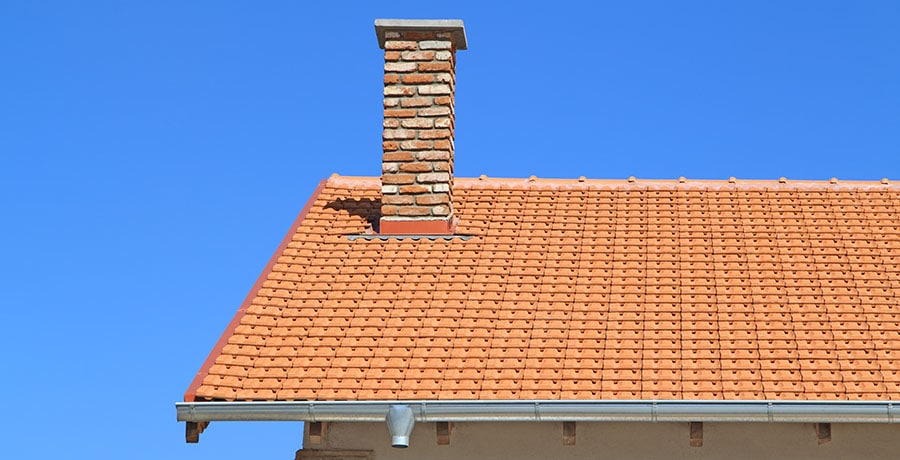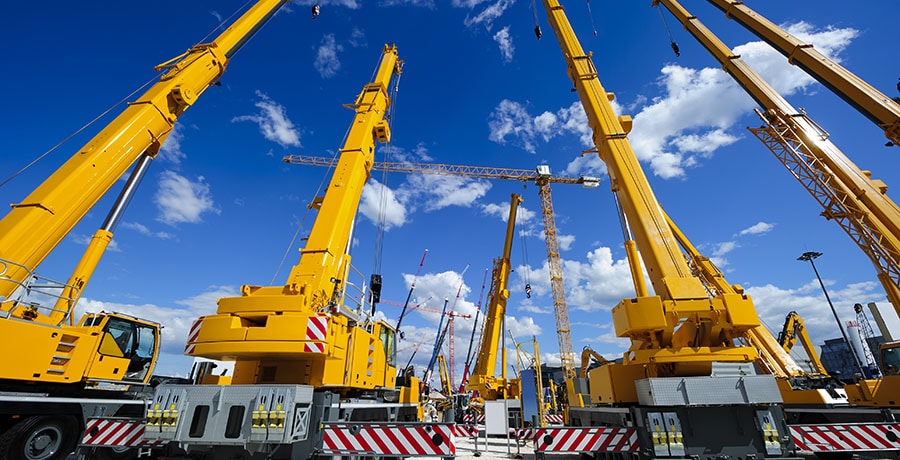
Chimneys are incredibly important especially during the winter season. They help keep our living room warm, and make the environment cozy for us, our family, and our pets. However, with that, it is incredibly important for one to take good care of the chimney. Do you call in chimney cleaning services after every few months for inspection? If not, then you better do it for your own safety.
You see, chimney cleaning holds significant importance. Otherwise, substances such as creosote that are produced from wood fire stick to the upper surface of the chimneys. Creosote is highly flammable and hence, a big hazard.
Unfortunately, chimney fires once started, are very hard to control. In the US, chimney fires alone cause millions of dollars’ worth of damage every year. Why would you want to risk all your valuable belongings and your life?
The only chimney cleaning guide you need
In this article, we put together everything that you need to know about chimney cleaning.
Tools required to clean chimneys
The basic tools that you need to clean your chimneys include:
- Drop cloths
- Spotlight
- Metal wire brushes
- A vacuum rated by HEPA
The drop cloth is basically used to cover the entire area of work. Whereas the HEPA rated vacuum is used to control dust. Whereas the metal wire brushes are used for the removal of creosote.
The importance of chimney cleaning
Chimney cleaning is extremely important for the removal of blockages, creosote, and soot that tend to get accumulated in the chimney overtime. Due to the accumulation of creosote and soot, the draw is reduced. As a result of this, the chances of a potential fire increase.
Well, the rate of buildup of creosote inside the chimneys basically depends on the selection of wood, condition of chimneys, and your burning practices.
Typically, denser and dried wood is better for fireplaces. It is also referred to as seasoned or aged wood. It will burn brighter and produce more heat. At the same time, it will produce minimal amount of creosote.
On the other hand, unseasoned wood burns much faster and results in a higher build-up of creosote. Hence it Is extremely important for you to use seasoned wood only. Even with that, the requirement of clean-up every 4 months cannot be ruled out.
How often should chimneys be cleaned?
The frequency of chimney cleaning basically depends on a number of factors. However, your amount of usage is the prime factor. In case you use your chimneys a lot, then you ought to get them cleaned every 3 months. Otherwise, a chimney inspection every 4-5 months is desirable.
Another important factor is the type of wood. Since unseasoned wood results in faster buildup of creosote, you are likely going to clean your chimneys more often.
Furthermore, if your chimney does not have a proper ventilation system, then the buildup of creosote could become accelerated. In this case, we suggest don’t use your chimney at all as it could be potentially dangerous.
In this case, you might have to repair the chimney so that the flue gases and smoke can easily escape the house.
Ending note
Creosote is a flammable substance that needs to be cleaned every few months. This substances sticks to the upper part of the chimneys, from where the fire begins. For maximum safety, we recommend you call chimney contractors Columbia MD every 3-4 months for inspection. This way, you will be able to minimize the likelihood of a chimney fire. At the same time, you may also save your expensive belongings and the life of your loved ones. So, always follow the best chimney guidelines and stay safe.



